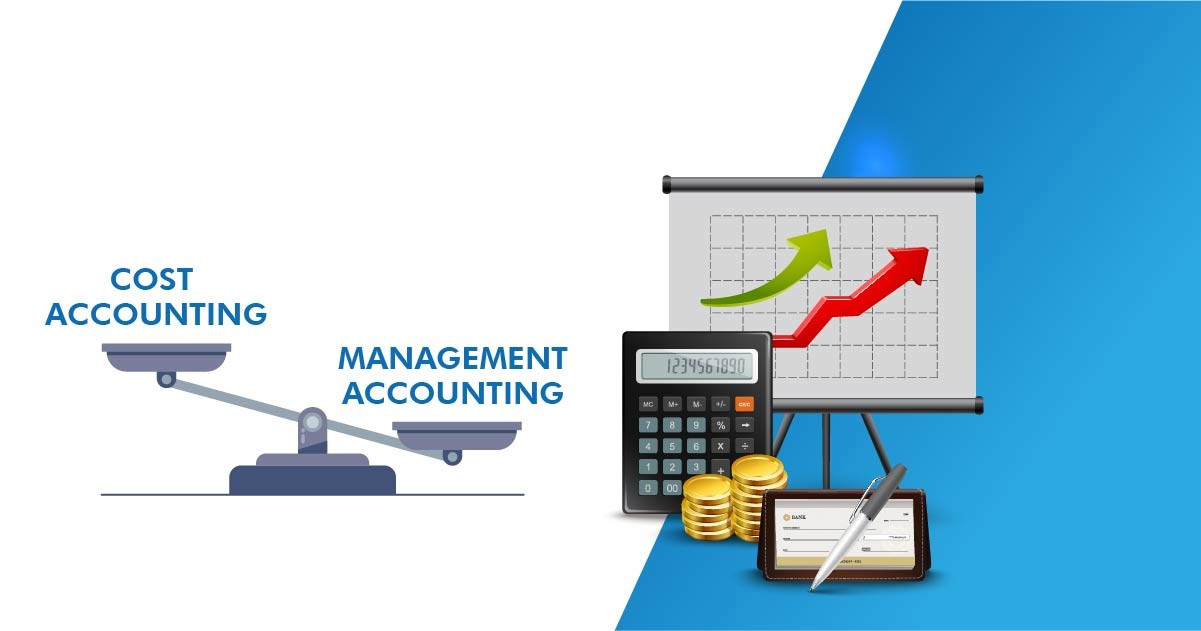- Lecturer: Brenda Kahuikee
- Lecturer: Otto Kamwi
- Lecturer: Abraham Shilomboleni
NUST eLearning
Search results: 1366
- Lecturer: Sisi Kaapehi
- Lecturer: Brenda Kahuikee
- Lecturer: Selma Kambonde
- Lecturer: Helvi Kaulinge
- Lecturer: Thomas Mwahenukange
- Lecturer: Saara Nambinga
- Lecturer: Norwin Oosthuizen
- Lecturer: Judith Tjituka
- Lecturer: Dr Julia Indongo
- Lecturer: Johnson Mutirua
- Lecturer: Beatrice Mutonga
- Lecturer: Tulipale Kaputu

This course aims at providing the students with the understanding of elements and technologies used by carrier networks (ISP) to provide services such as telephony, Internet and television to individuals. The course also addresses the problem of external routing and the implementation of quality of service by resource reservation or by traffic engineering in the networks.
- Lecturer: Taleni Andjamba
- Lecturer: HELENA HAINANA
- Lecturer: Helena Hainana
- Lecturer: Prof Dharm Singh
- Lecturer: Prof Guy-Alain Zodi
- Lecturer: Prof Eno Akpabio
- Lecturer: Dr Beven Liswani Kamwi
- Lecturer: Johnson Mutirua
- Lecturer: Beatrice Mutonga
- Lecturer: Mufaro Dzingirai
- Lecturer: Cephas Pahla
- Lecturer: Dr Vincent Sazita
- Lecturer: James Van Rooi
- Lecturer: Dr Daniel Kamotho
- Lecturer: Dr Phillip Santos
- Lecturer: Dr Sadrag Shihomeka
- Lecturer: Peter Haufiku
- Lecturer: Maria Indongo
- Lecturer: Selma Gwangapi Naanda
- Lecturer: Angela Apollus
- Lecturer: Prof Hennie Bruyns
- Lecturer: Beatrice Mutonga
- Lecturer: Bernice Ndungaua

- Lecturer: Prof Hennie Bruyns

The course is designed to provide students with advanced knowledge and approaches to manage correctional facilities successfully. Special emphasis is directed toward applying concepts to the management of multi-focused institutions that provide for security and rehabilitation programmes. The course further enables students to manage the overall correctional operations, including the facility setting, offenders, and staff. Additionally, students will be able to discuss and examine emerging contemporary issues, such as developing correctional staff as human service professionals, community alternatives to incarceration, privatisation, and other emerging issues.
- Lecturer: Prof Hennie Bruyns

The course is designed to enable you to effectively manage the full scope of any project to be initiated in the correctional services environment. Emphasis is on developing the student’s proactive planning, organisational, and communication capabilities throughout all project development and implementation stages. The course provides strategies for both managing tasks (i.e., establishing timetables, identifying resources, monitoring progress, implementation and evaluation) and leading people (i.e., establishing accountability, sustaining momentum, communicating effectively). Concepts are integrated through a final project in which students develop a comprehensive plan to implement a correctional initiative that embraces all significant project management principles addressed in this course.
- Lecturer: Prof Hennie Bruyns
- Lecturer: Angela Apollus
- Lecturer: Beatrice Mutonga
- Lecturer: Dr Stefan Schulz
- Lecturer: Ute Sinkala
- Lecturer: Henrietha Beukes
- Lecturer: Aina Ickua
- Lecturer: Linda Kambonde
- Lecturer: Yansy Lopes
- Lecturer: Yansy Odio Lopez
- Lecturer: Lameck Odada
- Lecturer: Ester Sakeus
- Lecturer: Gerhardt Sheehama
- Lecturer: Linda Kambonde
- Lecturer: Gerhardt Sheehama

- Lecturer: Henrietha Beukes
- Lecturer: Linda Kambonde
- Lecturer: Helmut Namwandi
- Lecturer: Gerhardt Sheehama
